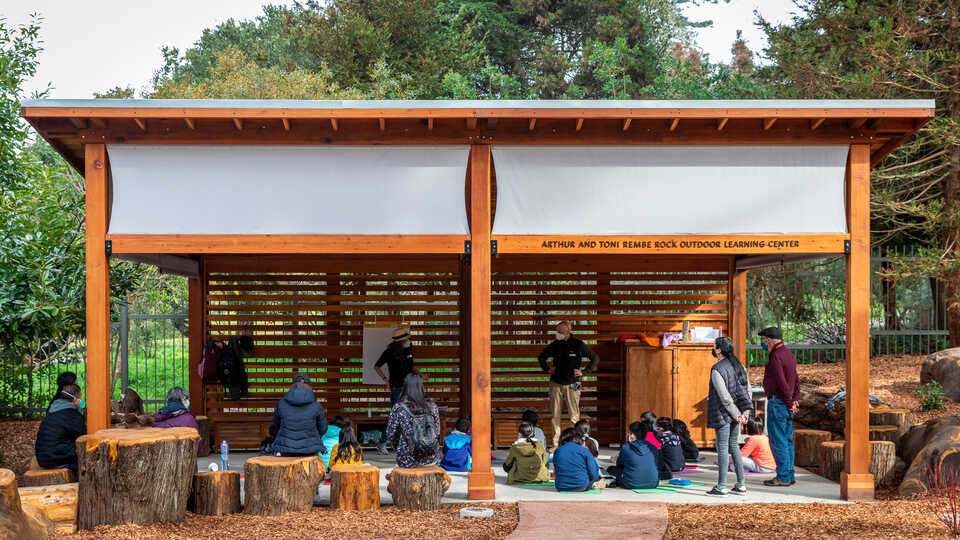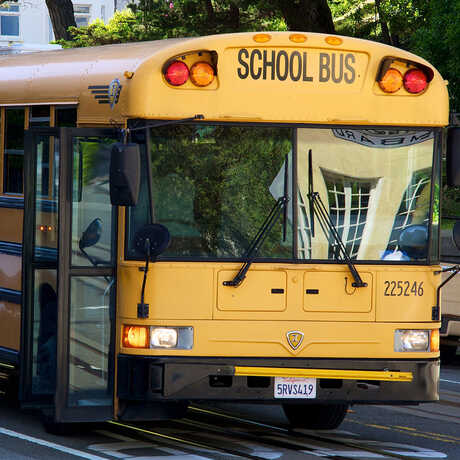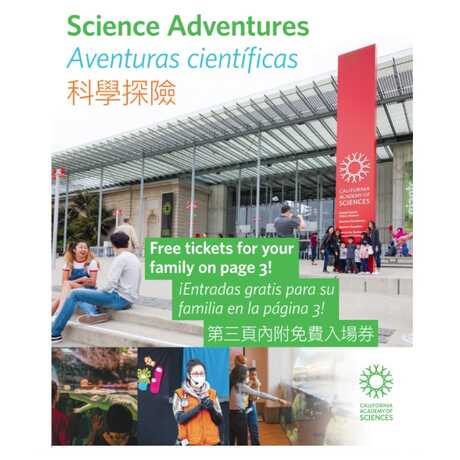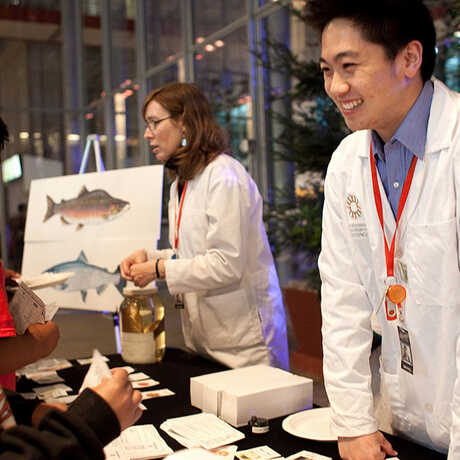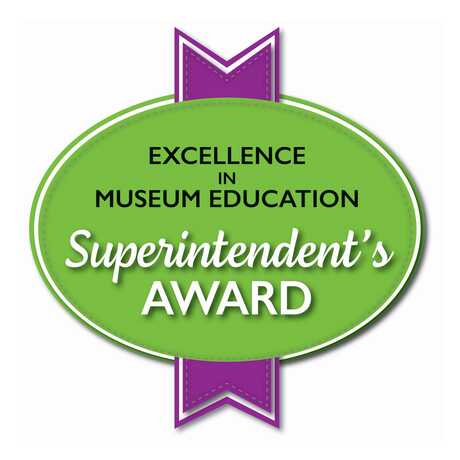therockprogram@calacademy.org
(415) 379-5106
The Rock Fund Program in-person field trip program is back and open to all Kinder - 5th grade classes from San Francisco schools, whether public, private, or parochial.
Applications for the 2024-2025 school year will be released in August.
We especially encourage SPED/inclusion classes, newcomer classes, and classes taught in a language other than English to join us. Let us know your needs, and we will do our best to customize our programs for your students.
- While we can only offer one educator-facilitated Rock Fund Field Trip per class in any given school year, you are welcome to submit as many self-guided field trip applications to visit the Academy in addition to participating in the Rock Fund Program.
- You may also register for any of the free broadcasts offered on our Distance Learning website!
If you have any questions, email us at therockprogram@calacademy.org.
